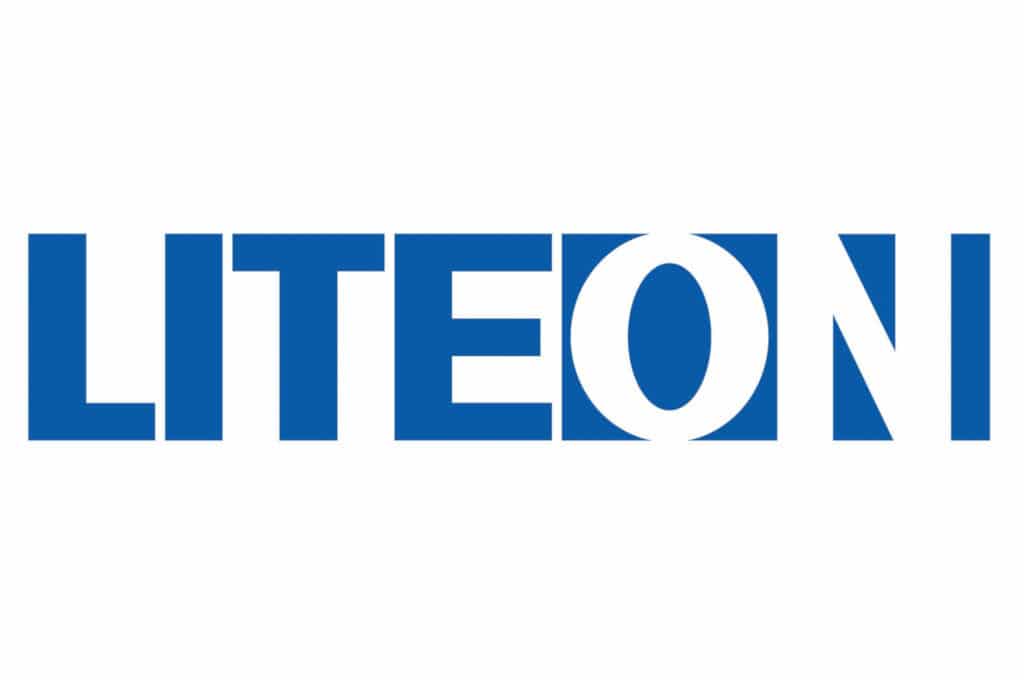Source: Taipei Times news
An important cause of falling component availability and rising prices is demand from the fast-developing automotive electronics sector, CEO Warren Chen said.
Electronics supplier Lite-On Technology Corp (光寶科技) gave a dim outlook for the second half of this year, saying a persistent shortage of key components is likely to dampen demand.
While sales in the second half are expected to exceed takings in the first six months, it could take up to two years for the global technology sector to resolve lingering shortages in semiconductor materials and passive modules, Lite-On chief executive Warren Chen (陳廣中) told shareholders at the company’s annual general meeting on Friday last week.
The shortages are caused by growing demand for automotive electronics, Chen said, adding that end-user product pricing would only go up as businesses pass higher component costs on to consumers and drive down spending.
It would also be more difficult for Chinese manufacturers to make up the shortfall as Beijing tightens environmental standards, he said.
The extent of the component shortfall would become clearer in the third quarter as companies ramp up inventory in time for the back-to-school shopping season, Chen said.
Lite-On’s products mostly use standard specification passive modules, so the scarcity of components would have a limited effect on the company, he said.
However, the shortage has already caused a 1.9 percentage point decline in gross margin in the first quarter, while net income during the period fell to NT$1.04 billion (US$34.32 million), marking the company’s poorest showing for the January-to-March period since 2009, Chen said.
Regarding the escalating US-China trade dispute, Chen said that the company’s exposure would be limited to US-bound shipments of LED components and optical disk drives, with both categories representing only a small percentage of its total revenues.
Meanwhile, the company has made plans to continue expanding into the Chinese market for server storage through its 45 percent-owned Suzhou-based joint venture with China’s Tsinghua Unigroup Ltd (清華紫光).
The company said it would also boost its efforts to optimize smart manufacturing and automation.
Shareholders approved the company’s proposal to distribute a cash dividend of NT$2.92 per share.
That represents a payout ratio of 258 percent based on last year’s earnings of NT$1.13 per share and a yield of 7.69 percent on its closing price of NT$37.95 in Taipei trading on Friday.
